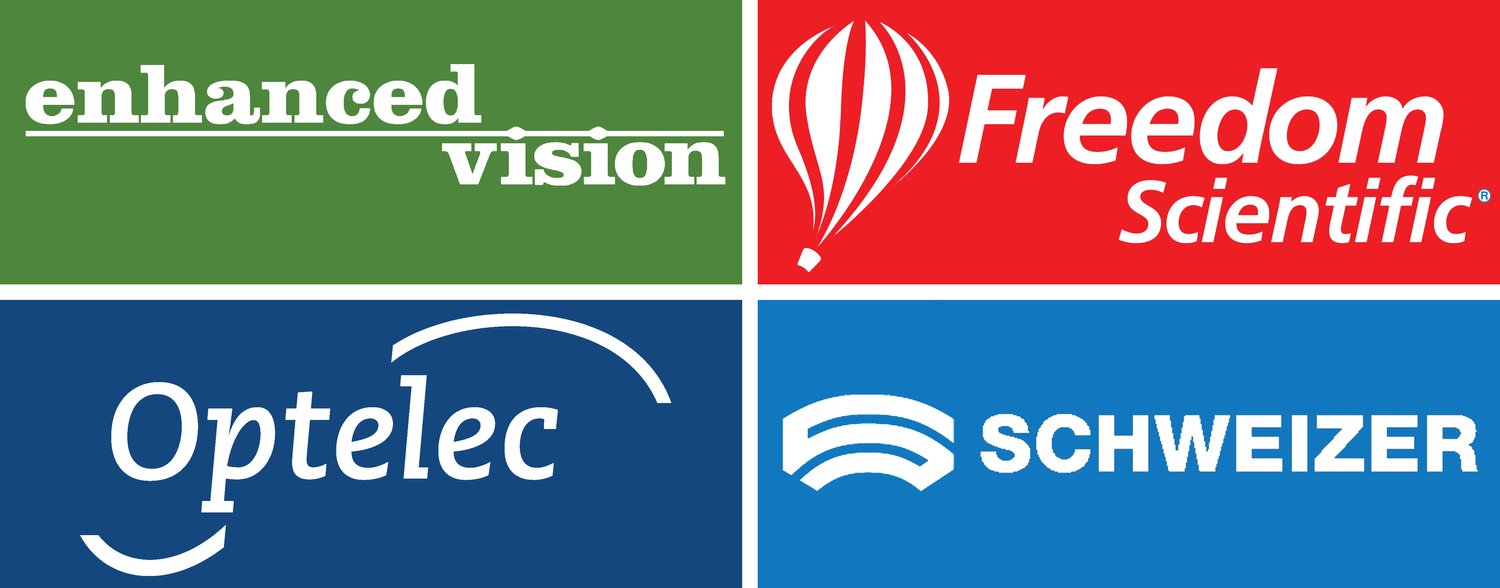Visual Impairment and Pet Ownership
The image shows: A close-up shot of a dog on a lead, standing between someone's legs on a sunny day.
From singletons to families, pets provide companionship to so many people. In the UK, 62% of households own pets, with 34% owning a dog and 28% a cat. They bring joy, laughter, and love, but an awful lot of responsibility too. This April is National Pet Month which aims to encourage responsible ownership. For VI people, pet ownership comes with a few extra challenges. In this month’s blog, we explore some of the nuances of pet ownership for visually impaired people.
Pet ownership has multiple physical and mental health benefits. Not only can pets make people feel less lonely by encouraging social behaviour, becoming a member of the family, and getting you outdoors; but they can also provide a sense of meaning as owners now have someone who needs their care. Research has shown that pets recognise our chemical and physiological cues, and that pet ownership decreases blood pressure and cholesterol.
These benefits come with a price (but a much smaller one if you’re getting a goldfish!). Providing for the well-being of pets is expensive and time-consuming. Raising a puppy, for example, can be exactly like raising a child! So, it’s important to consider what you want from a pet, what you’re willing and able to give them, and how they would fit into your lifestyle and hobbies.
If you’re VI and thinking about getting a pet or have recently started to lose your sight and already have a pet, then there are a few additional things to consider. Firstly, consider how able you are to look after a pet. It’s a good idea to get a pet that needs the same things as you. If you require lots of exercise and time outdoors, get a dog. If you prefer to relax whilst reading or watching something, get a cat.
For all their therapeutic effects, pets can bring a lot of stress with them as well. If you’re not sure about what exactly is involved, see if you can try pet-sitting or visiting the potential pet in-store for a while. It’s important to not add unnecessary stress to your life so if it’s possible, test out whether a pet is the right thing for you.
Many VI people are worried about things such as stepping on their pets. It’s important to remember that pets can sense you and let you know where they are through a bark or a purr. You’ll gain mutual trust and understanding with them which will build a deep relationship. You may want to get a colourful collar for your pet or one with bells attached.
Guide dogs provide an interesting case. Whilst they do provide companionship, they are not quite pets as they are working animals, so can’t be treated in the same way. They have a special diet and feeding schedule and need daily grooming. If you’re thinking about getting a guide dog, you need to make sure your lifestyle is active enough to maintain its weight.
Just like with a house pet, you should also evaluate your home environment and consider if they’ll get on with anyone you live with or other pets. Guide dogs require a little bit more care and attention as they’ve undergone thorough training for a specialised role. One thing that guide dogs do have in common with pets is that responsible ownership involves thinking about the animal's needs as much as your own.


